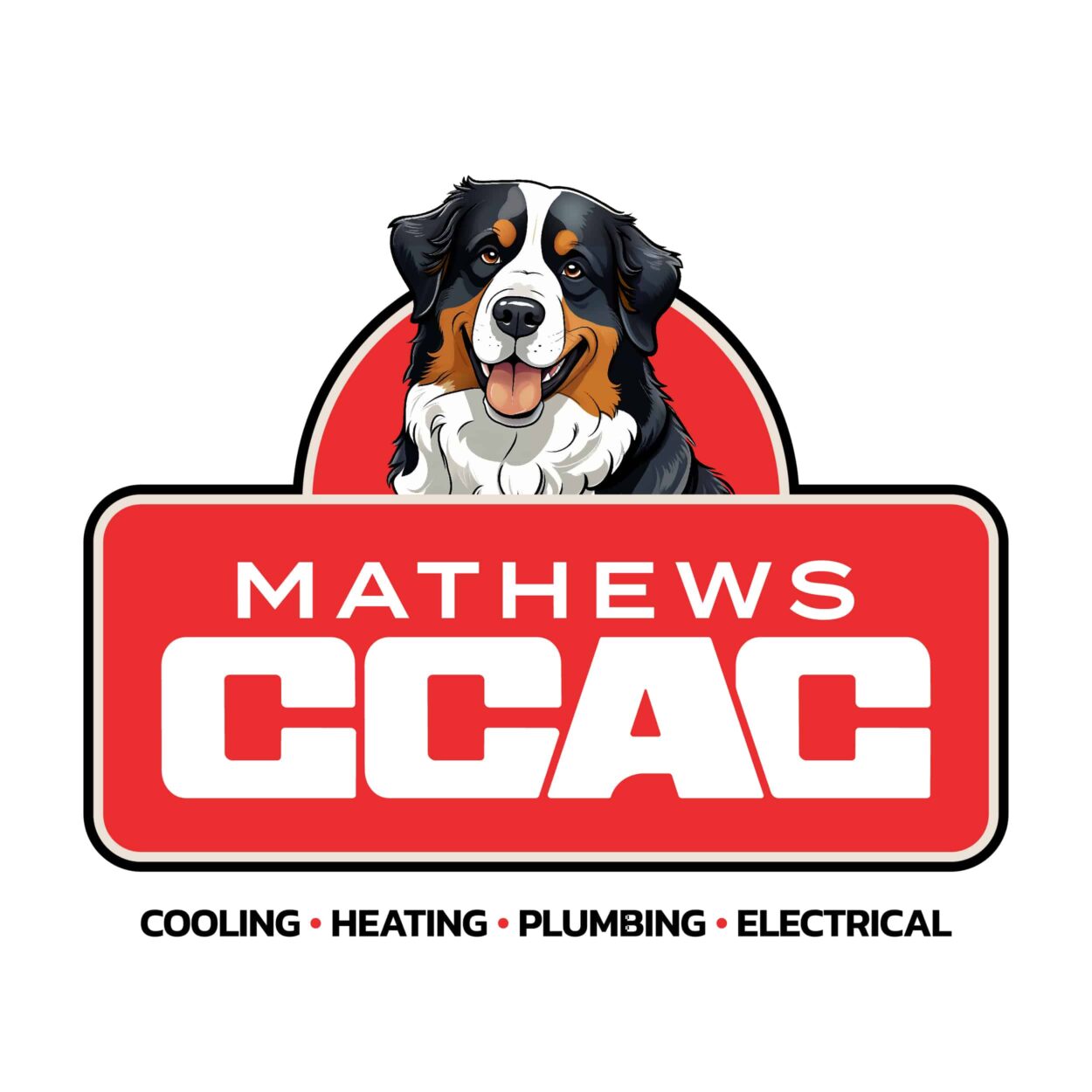Now that our short heating season is here in South Texas, it’s time to check your smoke alarms and carbon monoxide (CO) detectors to make sure they are working properly. Fuel-burning furnaces, fire places, space heaters, water heaters and other equipment increase the risk of CO exposure, while any heater with an open flame increases the potential of fire. Smoke alarms and CO detectors dramatically increase your chances of safely escaping a fire or carbon monoxide leak.
Carbon monoxide is an odorless, tasteless and colorless gas that cannot be detected by human senses. It is extremely dangerous, and in the right concentration, carbon monoxide can kill. Fires, on the other hand, can start slowly, giving off fumes and gases that can be detected by a smoke alarm before combustible material bursts into flames. Fires can also spread very quickly, which means a smoke alarm can give you and your family time to escape a fire.
Choose and use your fire alarms and carbon monoxide detectorscarefully. To get the best protection from these devices, you should:
- Put a carbon monoxide detector outside each bedroom, at each end of the house, and over home additions such as garages or additional rooms.
- Put a smoke detector in or near each bedroom and at least one on every level of your home.
- Test the detectors at least monthly to make sure they are working. Each type of detector should have a test button somewhere on the side or face of the device.
- Consider installing alarms and detectors with additional features such as flashing alert lights, voice alarms and dual sensors.
- Change the batteries in each detector at least every year. A better option is to change the batteries at the beginning of every heating and cooling season. Even hardwired detectors usually have a battery backup in case of a power outage.
- Replace carbon monoxide detectors at least every five years and smoke detectors every 10 years.
At CCAC, Inc. we are Constantly Concerned About Customers, and show it by providing professional HVAC sales and service throughout Corpus Christi and the Coastal Bend. Contact us today for more information on choosing and using important home safety devices such as carbon monoxide detectors and smoke alarms.
Our goal is to help educate our customers in Corpus Christi, Texas about energy and home comfort issues (specific to HVAC systems). For more information about carbon monoxide detectors, smoke alarms, and other HVAC topics, download our free Home Comfort Resource guide.
Image courtesy of Shutterstock












